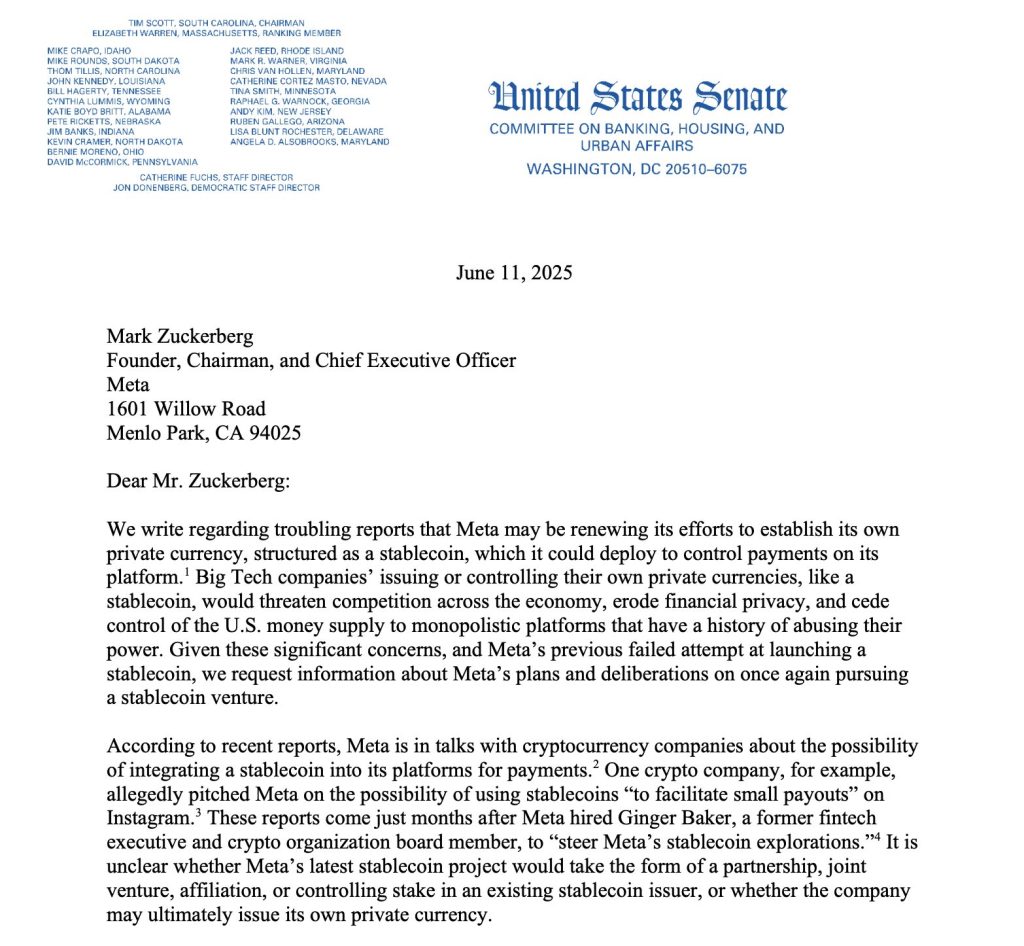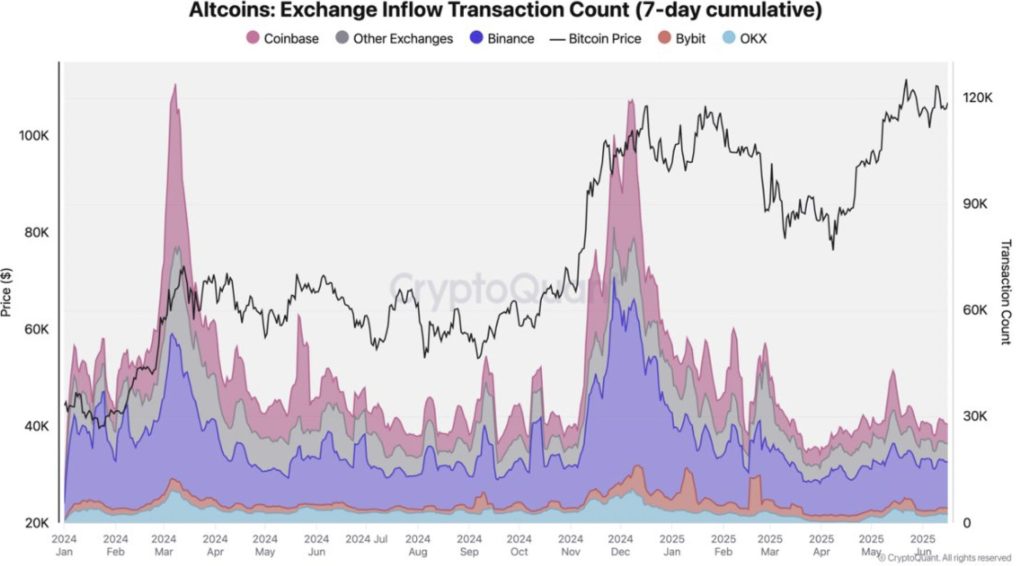The Internal Revenue Service has issued guidance regarding elective payments and transfers of some credits under the Inflation Reduction Act, and regarding the advanced manufacturing investment credit. For the IRA, the agency issued proposed regulations and FAQs describing rules for applicable entities that earn certain clean energy credits and choose to make an elective payment election and rules for eligible taxpayers that elect to transfer of certain credits to unrelated parties.
For tax years beginning after Dec. 31, 2022, entities can choose to make a payment election that will treat certain credits as a payment against their federal income taxes rather than as a nonrefundable credit; this will first offset any tax liability of the entity and any excess will be refundable.
Applicable entities generally include tax-exempt organizations, state and local governments, Indian tribal governments, Alaska Native corporations, the Tennessee Valley Authority, and rural electric cooperatives. All other taxpayers may be treated as an applicable entity for a limited number of credits.
Bloomberg via Getty Images
Also, for tax years beginning after Dec. 31, 2022, certain eligible taxpayers (generally taxpayers that are not applicable entities) can make an election to transfer all or a portion of an eligible credit to unrelated taxpayers for cash payments. The unrelated taxpayers are then allowed to claim the transferred credits on their tax return. The cash payments are not included in the gross income of the eligible taxpayer and are not deductible by the unrelated taxpayers.
Temporary regulations were also issued providing rules that relate to a mandatory IRS pre-filing registration process, which will be through a portal. The pre-filing registration process must be completed and a registration number received before making an elective payment election or an election to transfer eligible credits.
The process also applies prior to making an elective payment election related to Advanced Manufacturing Investment Credit amounts under the Creating Helpful Incentives to Produce Semiconductors Act of 2022.
Separately, the IRS also issued proposed regulations regarding implementation of the elective payment provisions of the Advanced Manufacturing Investment Credit, which was established by the CHIPS Act. This credit will incentivize the manufacture of semiconductors and semiconductor manufacturing equipment within the United States.
The proposed regulations describe how an entity can choose to make an elective payment election, which will be treated as a payment against the tax liability that is equal to the amount of the credit. A partnership or S corporation can make an elective payment election to receive a payment instead of claiming the credit.
The AMIC for any taxable year is generally 25% of an eligible taxpayer’s qualified investment in an advanced manufacturing facility; the investment equals its basis in any qualified property placed in service during the taxable year and the qualified property must be integral to the operation of the advanced manufacturing facility. The credit is generally available for qualified property placed in service after Dec. 31, 2022.
The proposed regulations include special rules for partnerships and S corps, repayment of excessive payments and basis reduction and recapture. The proposed regulations also provide rules related to an IRS required pre-filing registration.
Comments are requested on the proposed regs.
Credit: Source link











